How Your Cat Knows Exactly Who You Are (and Probably Judges You Too)
Your cat may seem indifferent at times, but behind that blank stare is a mind constantly gathering information about you. Studies show that cats use a mix of scent, sound, memory, and movement to recognize and understand their humans. Unlike dogs, cats are detail-oriented observers who often know more about your habits and moods than you realize.
They Identify You by Scent, Not Face
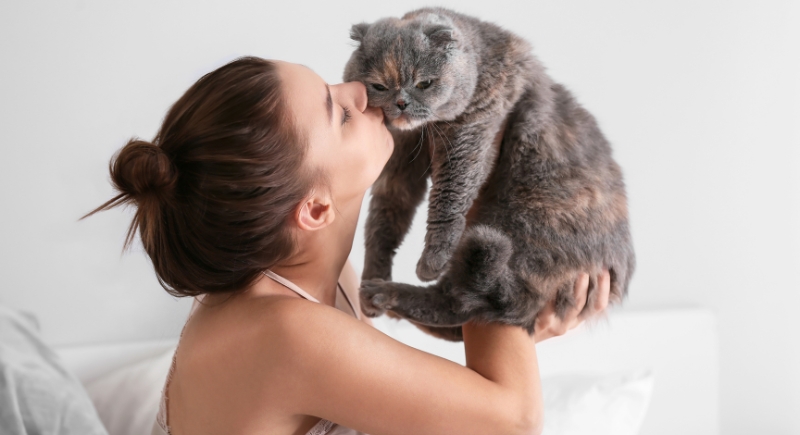
Credit: pixelshot
Only about half of cats can recognize their people by sight alone. It’s the smell that’s their strong suit. In studies, cats were quick to tell their humans’ scent apart from a stranger’s, since they usually spent less time sniffing the familiar one.
The Purpose and Strategy
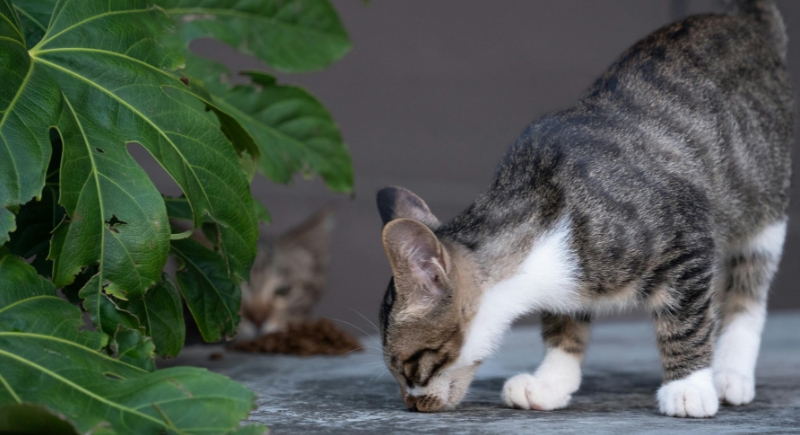
Credit: pexels
When a cat is sniffing, it’s analyzing. If they catch a familiar scent, they tend to use their left nostril, and their right nostril for unfamiliar scents. This suggests cats process new social information differently from routine recognition, possibly using different hemispheres of the brain.
They Know Everywhere You’ve Been

Credit: Getty Images
Your cat doesn’t need to ask about your day to know where you’ve been. The scents you carry tell the story. Cats use scent the way we use memory.
They Notice When Your Scent Changes
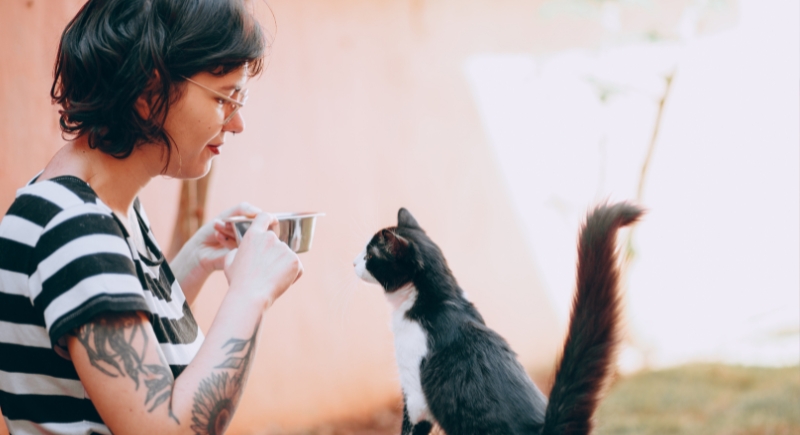
Credit: pexels
Cats can pick up when something’s different in your body chemistry—like stress, sickness, or pregnancy. These changes affect your scent in ways you can’t detect, but they can. Cats are sensitive to these changes, even early on. Many show behavioral shifts when a human is pregnant or unwell, long before obvious signs appear.
They Know Your Voice (and Ignore Others)

Credit: Canva
Cats don’t respond to all voices equally. Research shows they can distinguish their guardian’s voice from that of strangers, and only react consistently when it’s someone familiar.
They Clock Your Movements Without Looking
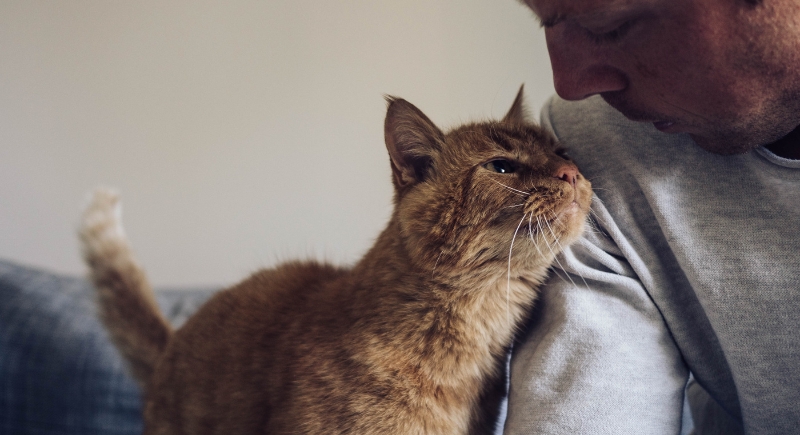
Credit: Getty Images
Somehow, they’re in the kitchen the second you open the fridge, even if they were asleep under the bed. Your footsteps or the clink of a spoon are sounds your cat registers with extreme precision. They remember patterns; this is especially true when it comes to food.
They Read You Through Body Language
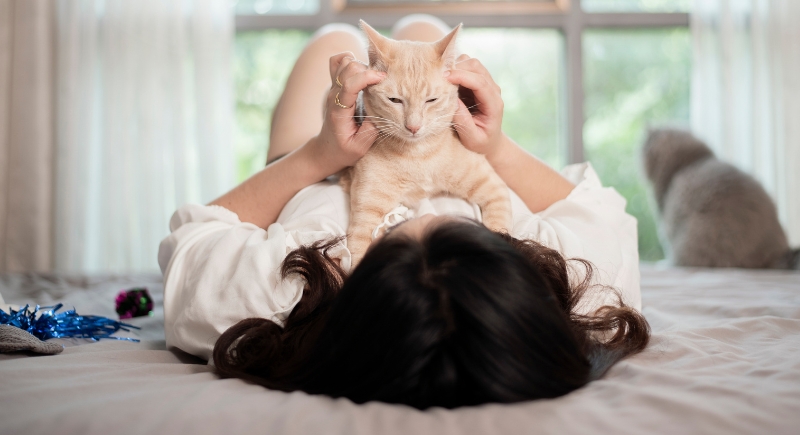
Credit: Getty Images
Subtle cues like posture, gait, and even the way you breathe help cats interpret your current state. If you’re acting off, they’ll either hover or keep their distance, depending on how they usually respond. It’s not empathy as we define it, but they are reading the room.
They Respond to Shifts in Emotion
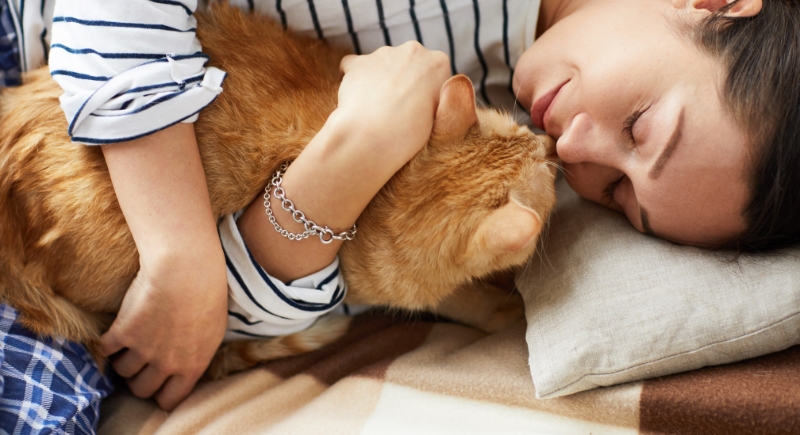
Credit: Getty Images
Even emotional shifts could alert your pet cat. Your stress, sadness, or agitation doesn’t go unnoticed. Cats sense emotional change through scent, tone, and environmental tension. Some cats become clingy after noticing these changes.
They Remember Patterns Better Than You Do

Credit: pixelshot
Feed them once at 5 a.m., and it’s a permanent item on the schedule. Cats are wired to log routines and notice small shifts. Break one habit, and they’re on it. We may think it’s all about food for them, but their internal clock is more about how you move through your day.
They Anticipate Events by Reading You
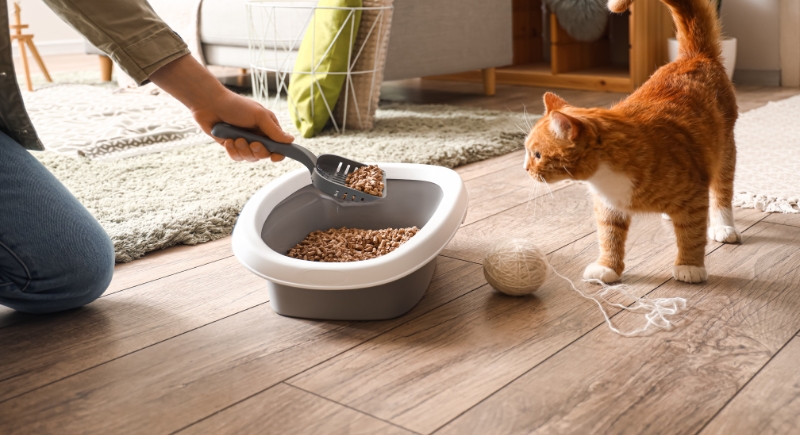
Credit: Canva
Before the carrier even enters the room, your cat’s under the bed. They’ve linked your pre-vet behaviors (grabbing the keys, moving slower, sounding tense) to an outcome they want no part of.
They Customize Communication Just for You

Credit: Canva
Adult cats usually don’t meow at each other, but they do meow at us. The way your cat vocalizes is shaped by how you respond. Some develop chirps, others go for dramatic howls, and some just give you a long, slow blink. Whatever their approach, it’s learned and adjusted for your reactions.
They Place You Inside Their Social Circle
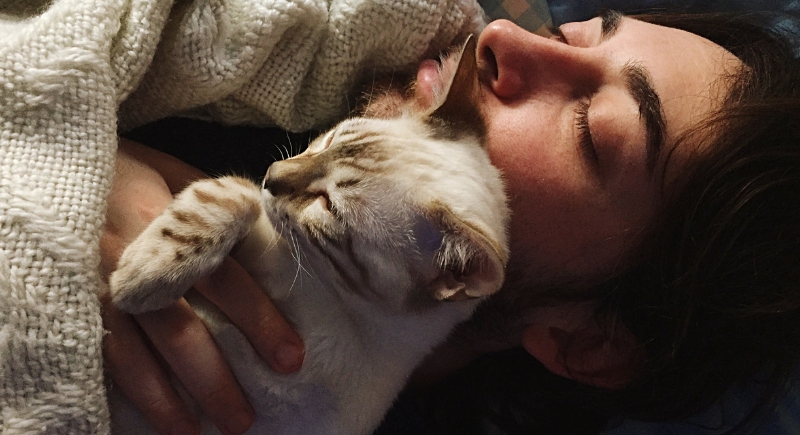
Credit: Getty Images
When your cat rubs its face on you, it’s adding you to a scent group and marking you as “in.” This behavior mirrors what they do with other cats they live with. If you get a head rub after a long day, congratulations! You still make the cut.
They Use Affiliative Behavior to Show Recognition
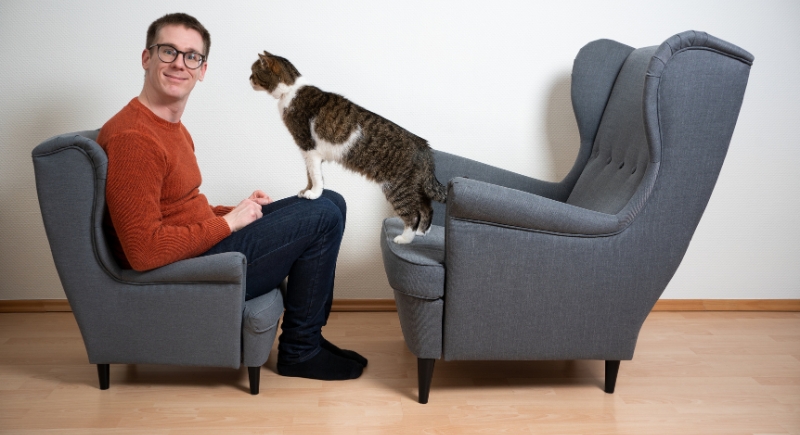
Credit: Getty Images
Once they’ve confirmed your identity through scent, they’ll sometimes follow up with a physical gesture. It’s like a stamp of approval. You passed the sniff test, so now you get the interaction.
They Adapt Based on Your Personality
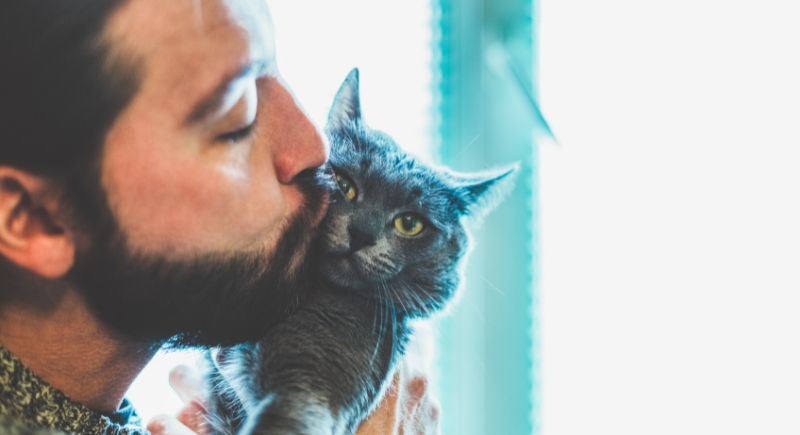
Credit: Getty Images
Long-term studies suggest cats reflect the emotional climate of the house, not just their owner’s. Calm, attentive people often have cats adapt to that energy. If the household is unpredictable or tense, cats may act more skittish or withdrawn. They will adjust to match your habits and mood.
They Judge Whether You’re Worth Investigating
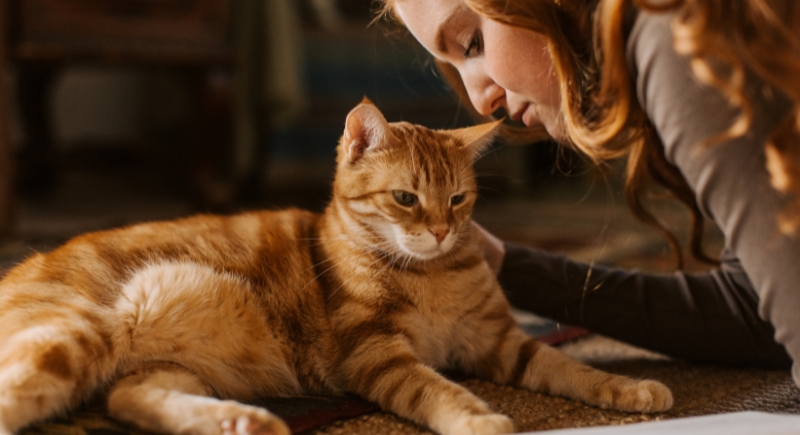
Credit: Canva
If your cat seems indifferent when you walk in, it’s probably because you smell exactly how you should. New or unfamiliar scents get more sniff time. So if your cat gives you one sniff and walks away, don’t be offended. You’re known, confirmed, and not currently interesting. And in cat terms, that could be a compliment.